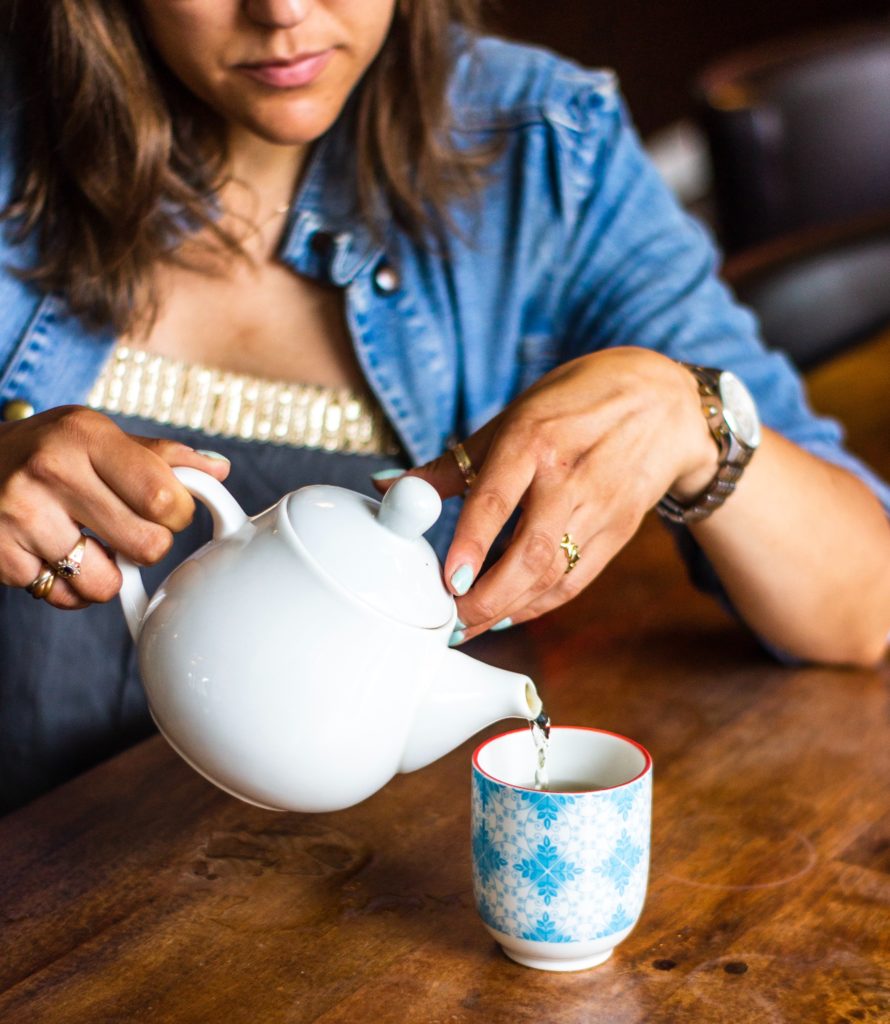
As a Christian and a feminist, the most important message I can carry and fight for is the sacredness of each human life
Anne Lamott
What do you think of when you hear the word feminist? I assume it’s not a flattering picture; bra burning, man hating, demanding angry women who refuse to take their husband’s surname or even marry at all for that matter.
I want to disarm your instant reaction to the word. Can we take another look?
This justice-loving heart wants to show you why feminism is something so necessary, so important, and so beautiful—in 600 words or less, wish me luck.
Firstly, the essence of the feminist movement is not hatred, and I’m sad for the extreme misandry at the forefront of feminism in the general media.
It’s not that.
The media will always focus on extremists. I will still call myself a Christian, even though I don’t subscribe to fundamentalist Christians who spout extreme hate and judgement, because that’s not what the core of Christianity is.
Just as hate and judgement is not at the core of feminism.
At its core, feminism simply believes in the necessary placing of value, and importance on women, as equal to men. Not more important, not more valuable, but equally important and valuable. Feminism champions the rights of women: to feel safe, to have a voice, and to be appreciated for what we can bring to the table.
It’s thanks to women’s rights movements that you and I today are able to:
- be considered an individual person, not property
- vote, and enter parliament
- decide when to have a baby, by using/not using contraception
- choose our own life path—career? Go get ‘em girlfriend!
- go to a bar with our girlfriends for a drink, without having to be accompanied by a man—only since 1963, mind you, thanks to Government legislation so kindly allowing us.
While this gives us reason to celebrate, the women’s rights movement is still so necessary. In Australia alone, on average, one woman per week is dying at the hand of her current or former partner. One in two women will experience sexual harassment in their lifetime. A woman’s average weekly full-time wage is 15.3% less than a man’s. And feminist movements are critical in driving social change. Because this must change. It’s not okay.
Canadian theologian Dr John Stackhouse Jr. says this:
Christian feminists can celebrate any sort of feminism that brings more justice and human flourishing to the world, no matter who is bringing it, since we recognise the hand of God in all that is good.
The heart of God is for human flourishing. I want to see women flourish in all of their God-given gifts, whether that’s in being a child raiser or company director. The beauty of equality means that we should be as free to choose as the next guy or girl.
I believe we should be paid equally in the corporate world, in sports, in the arts, and in communities of faith. I believe men should naturally be contributors to work inside the home, and that women should be free to pursue a career, whether or not she chooses to have children.
Women have a voice worth hearing, and our stories are worth sharing, and although men have been central to the narrative throughout history, it’s women and men partnering together that will bring about more human flourishing.
One needn’t identify as a feminist to participate in the redemptive movement of God for women in the world, the gospel is more than enough. Of course it is! But as long as I know how important maternal health is to Haiti’s future, and as long as I know that women are being abused and raped, as long as I know girls are being denied life itself through selective abortion, abandonment, and abuse, as long as brave little girls in Afghanistan are attacked with acid for the crime of going to school, and until being a Christian is synonymous with doing something about these things, you can also call me a feminist.
Sarah Bessey, Jesus Feminist
Wherever there is oppression, injustice, inequality, I believe it’s us whom God wants to use to help to bring about redemption, equality, freedom and justice.
All of us, equally.
It’s still needed and it’s still important because in so many ways, it’s still broken.
And when we’re stuck in he-said-she-said, and trying to scramble on top of each other, or speak over each other, we’ll just perpetuate the brokenness and blame that has been prevalent since that Adam-and-Eve moment.
I want better than that for my children. I want us to be better.
So, in our home, my son takes equal responsibility for household chores as his sisters.
We will continue to live in a way that communicates the equal value of each family member—we have different gifts, strengths and abilities, but we each are equal in value and importance.
And when my girls tell me they want to be a mum and an artist and a veterinarian, I tell them that they can be absolutely anything they want to be.

